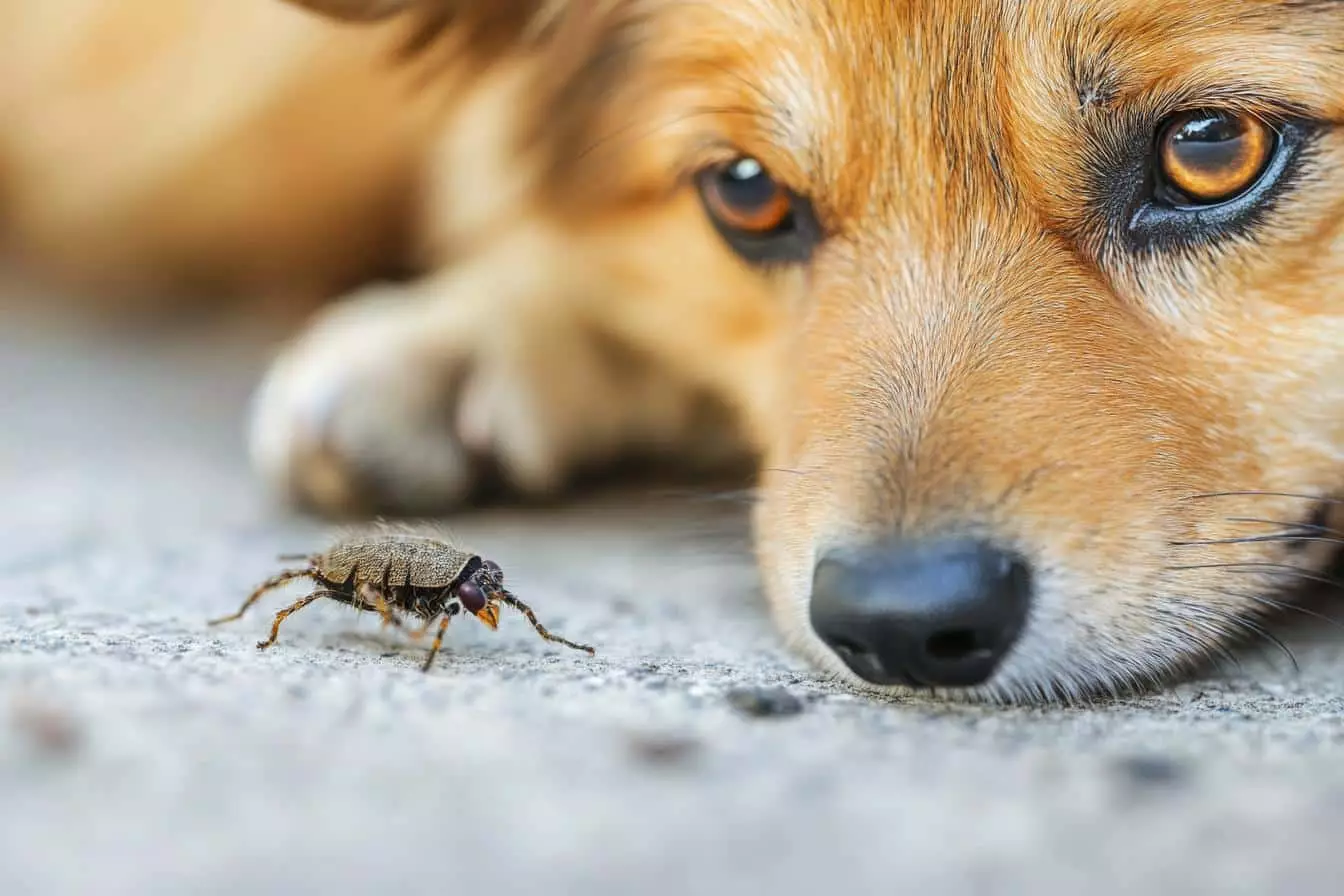Fleas and ticks are more than just minor annoyances for pet owners; they can present significant health risks to our furry companions. Traditional chemical treatments are readily available, but many pet parents are becoming increasingly cautious about the substances they expose their pets to. The quest for natural alternatives has led to a remarkable discovery: nature is abundant with foods that possess anti-parasitic properties. By strategically incorporating these into your pet’s diet, you can elevate their nutrition while effectively deterring unwanted pests.
Garlic: Nature’s Aromatic Shield
Garlic has built a reputation over centuries not just as a culinary ingredient, but also a powerful natural repellent against parasites like fleas and ticks. The key lies in its sulfur compounds that, when digested, secret through the skin, making the host less appealing to these nuisances. However, caution is warranted—large quantities can pose toxic risks for pets. The trick resides in the dosage; small, controlled amounts are generally safe and can potentially bolster your pet’s natural defense systems. Always liaise with your veterinarian before integrating garlic into your pet’s dietary routine to ensure you do so safely.
Apple Cider Vinegar: The Versatile Potion
In recent years, apple cider vinegar (ACV) has emerged as a household staple celebrated for its myriad health benefits. Its low pH can create an inhospitable environment for fleas and ticks when added to your pet’s drinking water. Not only does it aid in pest control, but it also supports digestion and overall immune function. With a simple mixture of one teaspoon of ACV for every quart of water, you can unlock a natural remedy that contributes positively to your pet’s health without resorting to chemicals.
Pumpkin Seeds: Tiny Powerhouses of Health
Often overlooked, pumpkin seeds are more than a healthy snack; they are a formidable ally in the battle against parasites. Rich in an amino acid called cucurbitacin, these seeds can paralyze and naturally expel intestinal worms from your pets’ systems. Beyond their deworming capabilities, pumpkin seeds enrich your pet’s diet with essential fatty acids and antioxidants, enhancing their overall health and vitality. Sprinkling ground pumpkin seeds onto your pet’s food not only boosts their nutrition but also works as a tasty treat. Consider products like pet food with pumpkin as an added ingredient for convenience.
Coconut Oil: The Wellness Wonder
When it comes to natural pest control, coconut oil stands out as a standout contributor. Its beneficial compound, lauric acid, is revered for its antimicrobial properties and ability to deter fleas. Adding a small amount of coconut oil to your pet’s meals not only supports skin and coat health but establishes a less inviting environment for parasites. Furthermore, this versatile oil can serve a dual purpose; when applied topically, it can soothe irritated skin while acting as an additional pest deterrent. Pairing coconut oil with nourishing supplements, such as organic chicken bone broth powder, creates a holistic approach to your pet’s health.
Brewer’s Yeast: A Nutritional Fortress
Brewer’s yeast flourishes as a natural supplement packed with essential B vitamins, thereby strengthening your pet’s immune system while creating an unpleasant odor that repels fleas and ticks. This nutrient-dense option can conveniently be mixed into your pet’s food, providing dual benefits of parasite control and immune support. Making brewer’s yeast a staple in your pet’s diet could effectively curb infestations while boosting their overall wellbeing. For added joint health benefits, combine it with chews that include glucosamine and turmeric, ensuring a comprehensive approach to your furry friend’s health.
A Holistic Approach: Beyond Diet
Integrating these natural anti-parasitic foods into your pet’s diet represents a step toward a more holistic approach to pet care. However, these remedies function best when paired with proper grooming practices, a clean, pest-free living environment, and routine veterinary check-ups. It is not simply about fighting fleas and ticks; it’s about fostering an ecosystem of well-being that empowers your pet to thrive free from the overpowering threat of these persistent parasites. A pest-free life is within reach, and it starts with what you choose to provide at the dinner bowl.

